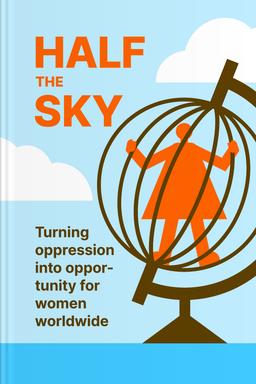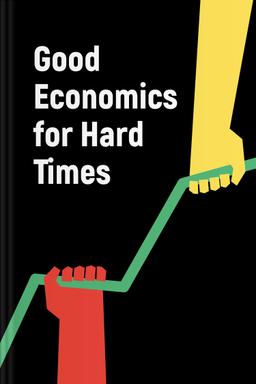What is The Industries of the Future about?
This insightful exploration examines the technological and economic forces shaping the future, focusing on innovations in robotics, cybersecurity, and the global economy. The author delves into the implications of these advancements, highlighting both opportunities and challenges for businesses and society. By analyzing emerging trends and sectors, the book provides a compelling roadmap for individuals and organizations seeking to navigate the evolving landscape of the 21st century.
Who should read The Industries of the Future
- Tech enthusiasts eager for future insights.
- Entrepreneurs exploring emerging market opportunities.
- Students interested in global economic trends.
What is The Future is Asian about?
This insightful exploration delves into the rise of Asia in the global landscape, examining the economic, political, and cultural shifts that define the region's unprecedented influence. It argues that the future will be shaped by Asia's interconnectedness, innovation, and leadership, providing a roadmap for understanding emerging trends. Through a comprehensive analysis, it invites readers to reconsider geopolitics and the importance of Asian dynamics in our globalized world.
Who should read The Future is Asian
- Business leaders seeking insights into Asian markets.
- Students of geopolitics interested in global power shifts.
- Travel enthusiasts exploring Asia's emerging influence.
What is No Logo about?
This influential work critiques the rise of corporate branding and the power of multinational companies in contemporary society. It explores how globalization and advertising shape culture and identity, while examining the consequences of consumerism and corporate practices on communities and workers. Klein advocates for social activism and challenges readers to reconsider their role as consumers, making it a pivotal read for those interested in economic and social justice.
Who should read No Logo
- Activists fighting for social justice and corporate accountability.
- Students studying marketing, branding, and globalization.
- Consumers interested in ethical purchasing and corporate ethics.
What is Half the Sky about?
This powerful work explores the global plight of women facing oppression and inequality. Through compelling narratives and extensive research, the authors uncover the barriers to gender equality while showcasing inspiring stories of resilience and empowerment. By addressing issues such as sex trafficking, maternal mortality, and education, the book advocates for turning oppression into opportunity, urging readers to recognize that the empowerment of women is essential for global progress.
Who should read Half the Sky
- Women seeking empowerment and inspiration.
- Activists advocating for gender equality.
- Readers interested in global social justice issues.
What is Good Economics for Hard Times about?
This book tackles pressing economic issues facing the world today, such as inequality, globalization, and climate change. Through a mix of research and real-world case studies, the authors explore pragmatic solutions for creating a fairer economy. They challenge conventional wisdom and offer insights into how governments can respond effectively to economic challenges, making a compelling case for evidence-based policy decisions that benefit all.
Who should read Good Economics for Hard Times
- Economics students seeking real-world applications.
- Policy makers interested in evidence-based solutions.
- General readers curious about economic challenges and solutions.




